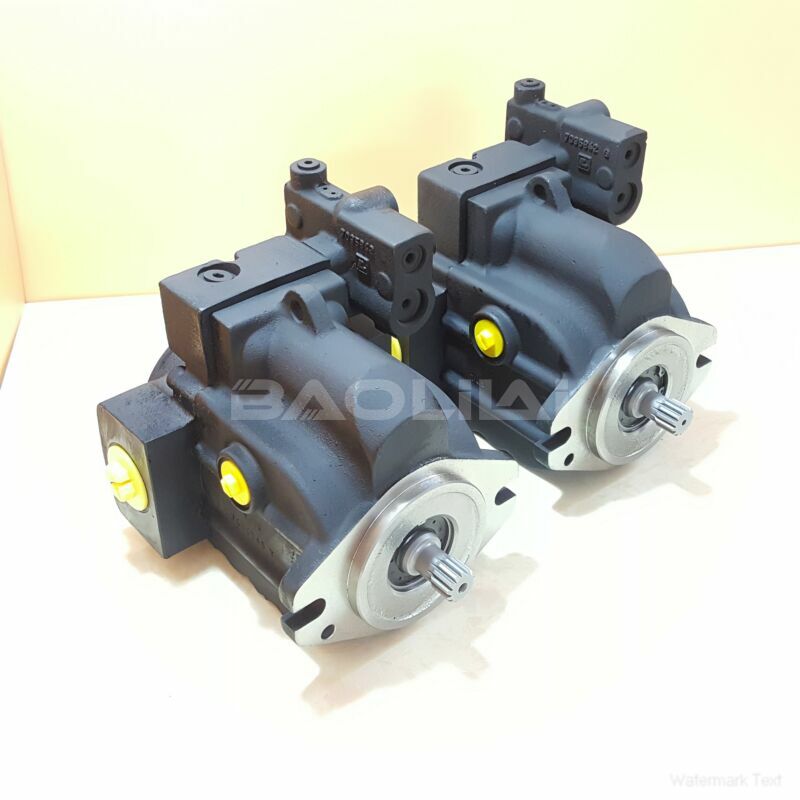LRR030DPC21NNNNN3K1RGA6NPLBNNNNNN danfoss pump
LRR030DPC21NNNNN3K1RGA6NPLBNNNNNN danfoss pump

- Product Details
- Applicable Scene
In the fast-paced world of food manufacturing, efficiency and precision in liquid handling are crucial for maintaining productivity and ensuring product quality. Piston pumps have emerged as a favored solution for effectively transferring liquids in this industry. Their design, functionality, and various advantages make them an ideal choice for numerous applications in food processing.
LR-R-030D-PC-21-NN-NN-N-3-K1RG-A6N-PLB-NNN-NNN
LRR030DPC21NNNNN3K1RGA6NPLBNNNNNN
Piston pumps operate on a simple yet effective principle. They use a reciprocating piston to draw liquid into a chamber and then expel it under high pressure, allowing for a smooth and continuous flow. This mechanism is particularly beneficial for handling a wide range of viscosities and can accommodate varying flow rates, making piston pumps versatile tools in food manufacturing settings.

7005131S
One of the most significant advantages of piston pumps is their ability to handle a variety of liquids, from low-viscosity fluids like water and fruit juices to more viscous substances such as sauces and creams. This characteristic makes them highly adaptable, allowing manufacturers to switch between different products without the need for extensive modifications to the pump system.
Precision is also a hallmark of piston pumps. The design allows for accurate dosing and metering, which is essential in food manufacturing to ensure consistent product quality and adherence to regulations. This level of precision helps prevent waste, reduces the risk of contamination, and enhances overall efficiency in the production process.
Moreover, piston pumps can be constructed from food-grade materials that comply with industry standards, ensuring that the fluids being transferred remain uncontaminated. Stainless steel, for instance, is a common material used in food processing pumps due to its durability, resistance to corrosion, and ease of cleaning. This is particularly important in the food industry, where hygiene and safety are paramount.
Maintenance and operational costs are also considerations for manufacturers. Piston pumps have a relatively simple design, which translates to lower maintenance requirements and costs compared to more complex pump systems. Additionally, their efficiency in handling liquids can lead to energy savings, further reducing operational costs over time.





